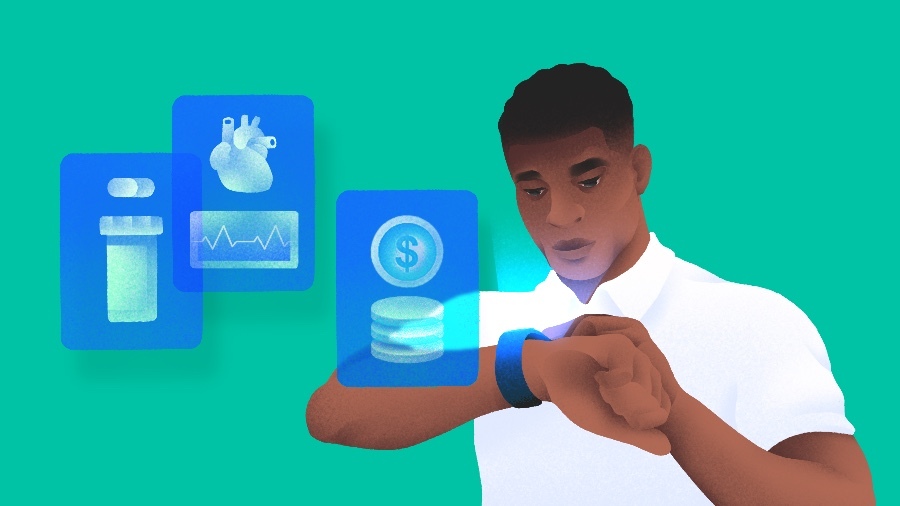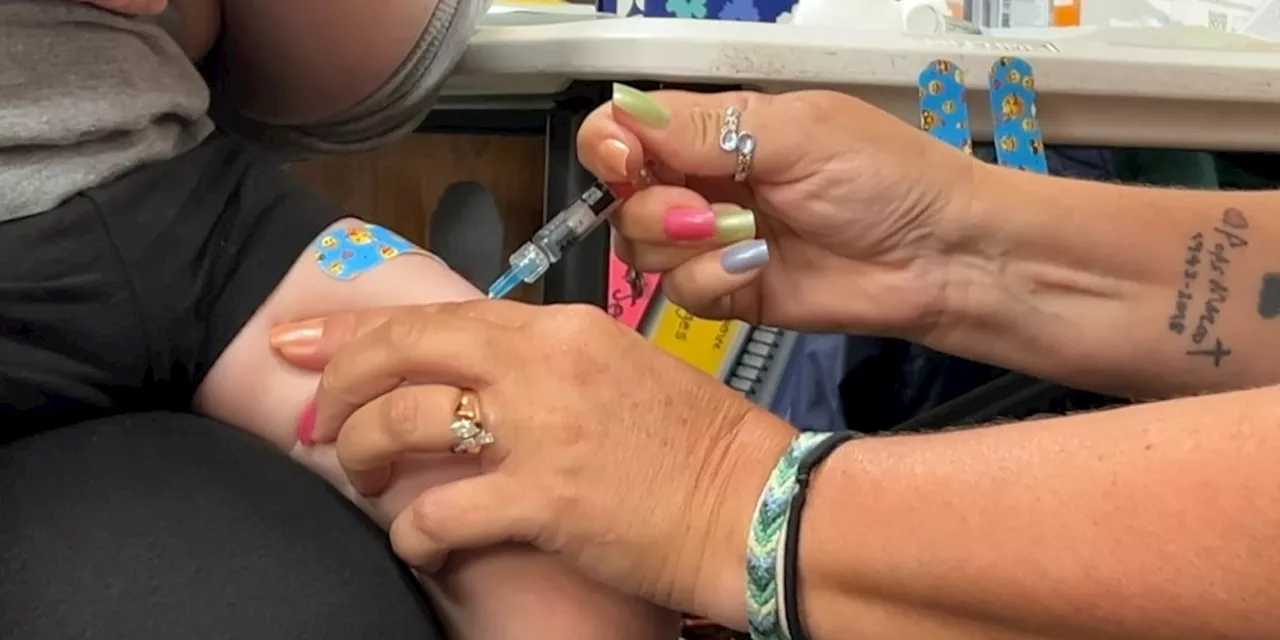Wearable technology startups are experiencing a notable surge in investment, attracting significant attention from venture capitalists. According to Crunchbase data, this sector has historically garnered less than 1% of total venture funding annually. However, in 2023, the landscape is shifting, primarily driven by the success of Oura, a Finnish company known for its smart ring that monitors various health and wellness metrics.
Earlier this month, Oura announced it had secured over $900 million in a financing round led by Fidelity, resulting in a remarkable valuation of $11 billion. This funding comes as Oura anticipates reaching $1 billion in sales this year, underscoring the growing consumer demand for health-focused wearable devices.
Expanding Investment Landscape
Oura is not alone in attracting significant venture capital. A review of recent investments reveals a diverse array of startups innovating within the wearables sector. Medical and health monitoring applications continue to dominate, but there is also a notable trend towards consumer-focused products, particularly those enhanced by artificial intelligence.
One standout company is Xpanceo, based in Dubai, which specializes in smart contact lenses equipped with microdisplays and sensors. This four-year-old startup raised $250 million this summer, achieving a valuation of $1.35 billion. Similarly, Nothing, known for its Android smartphones and earbuds, secured $200 million in Series C funding, aiming to develop an “AI-native platform” that merges hardware and software.
Interestingly, the definition of wearables is expanding. Halter, for example, creates smart collars integrated with virtual fencing technology for cattle management and recently closed a $100 million Series D funding round at a valuation of $1 billion.
Healthcare Innovations Attract Investors
Investments in wearables focused on health monitoring are also gaining momentum. Notable companies such as Biolinq and VitalConnect each raised $100 million in financing this year. Biolinq, based in San Diego, focuses on a wearable biosensor that continuously measures glucose levels under the skin, while VitalConnect, located in San Jose, specializes in patches for remote cardiac health monitoring.
Emerging startups are also exploring unique applications. Epicore Biosystems is developing a wearable device that tracks biomarkers in sweat, providing insights into hydration, nutrition, and stress levels.
The competition in the wearables market is intense, with major technology firms like Apple and Google investing heavily in this space. Apple recently introduced AirPods with live translation capabilities, demonstrating the increasing sophistication of wearable technology. Despite the competition from these tech giants, startups retain the advantage of adaptability, allowing them to refine their products for niche markets before scaling up to a broader audience.
As the wearables sector continues to evolve, the influx of investment highlights the growing recognition of their potential to enhance personal health and wellness. With innovative companies leading the charge, the future of wearable technology appears promising.







